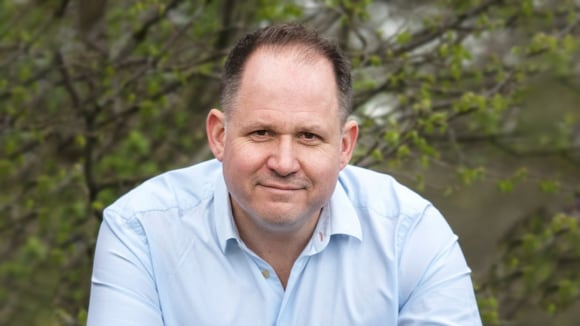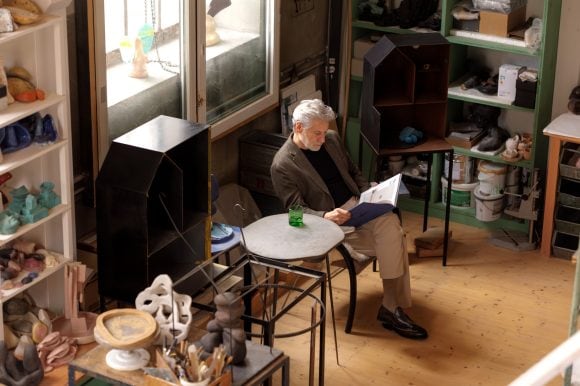Interview
Henry Dimbleby: Food security is inseparable from sustainability
The author of the UK’s National Food Strategy thinks the agri-food sector can deliver on climate and environmental goals, but value chain partners need to be convinced that it is in their interest to change. Regulatory force will not work.








